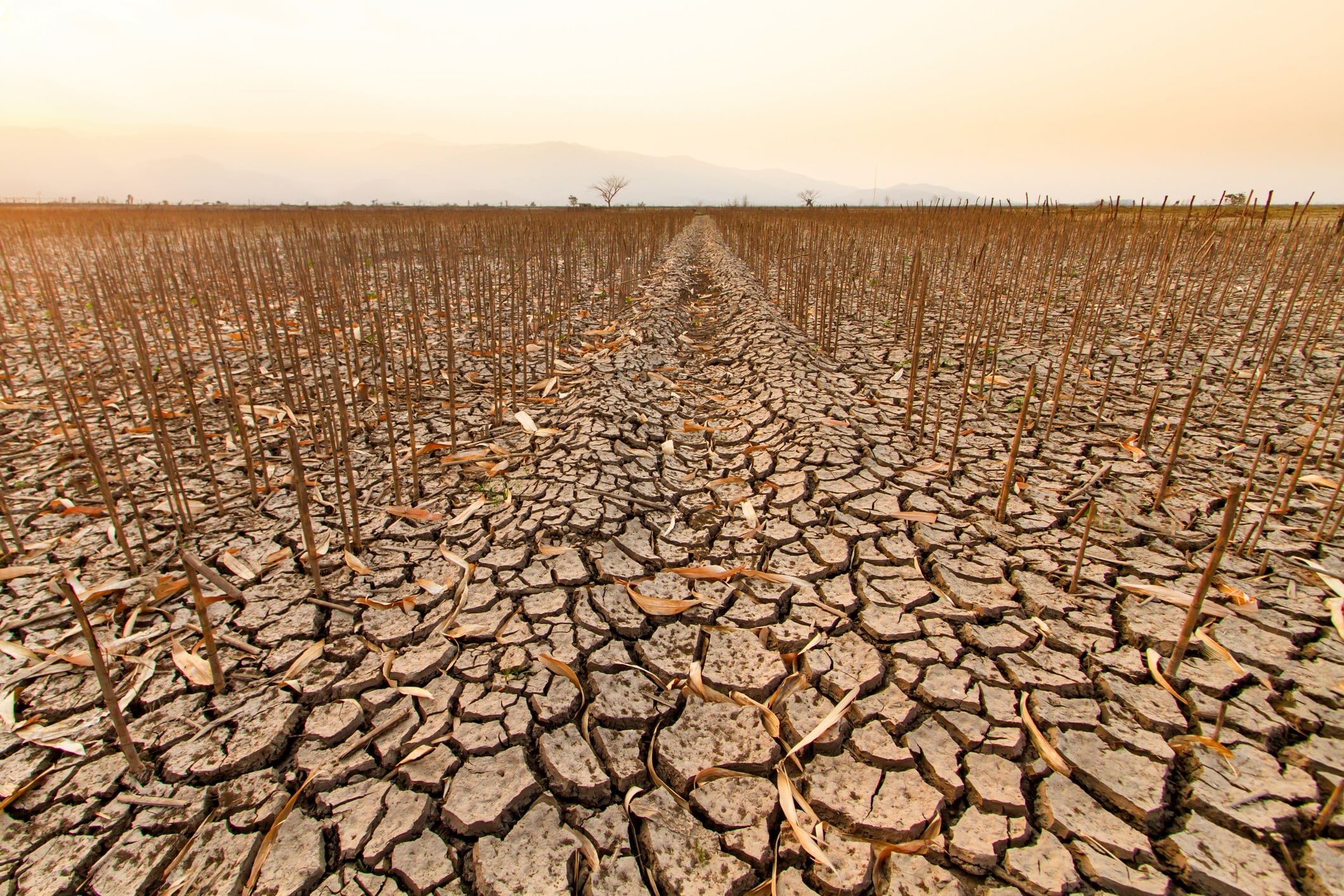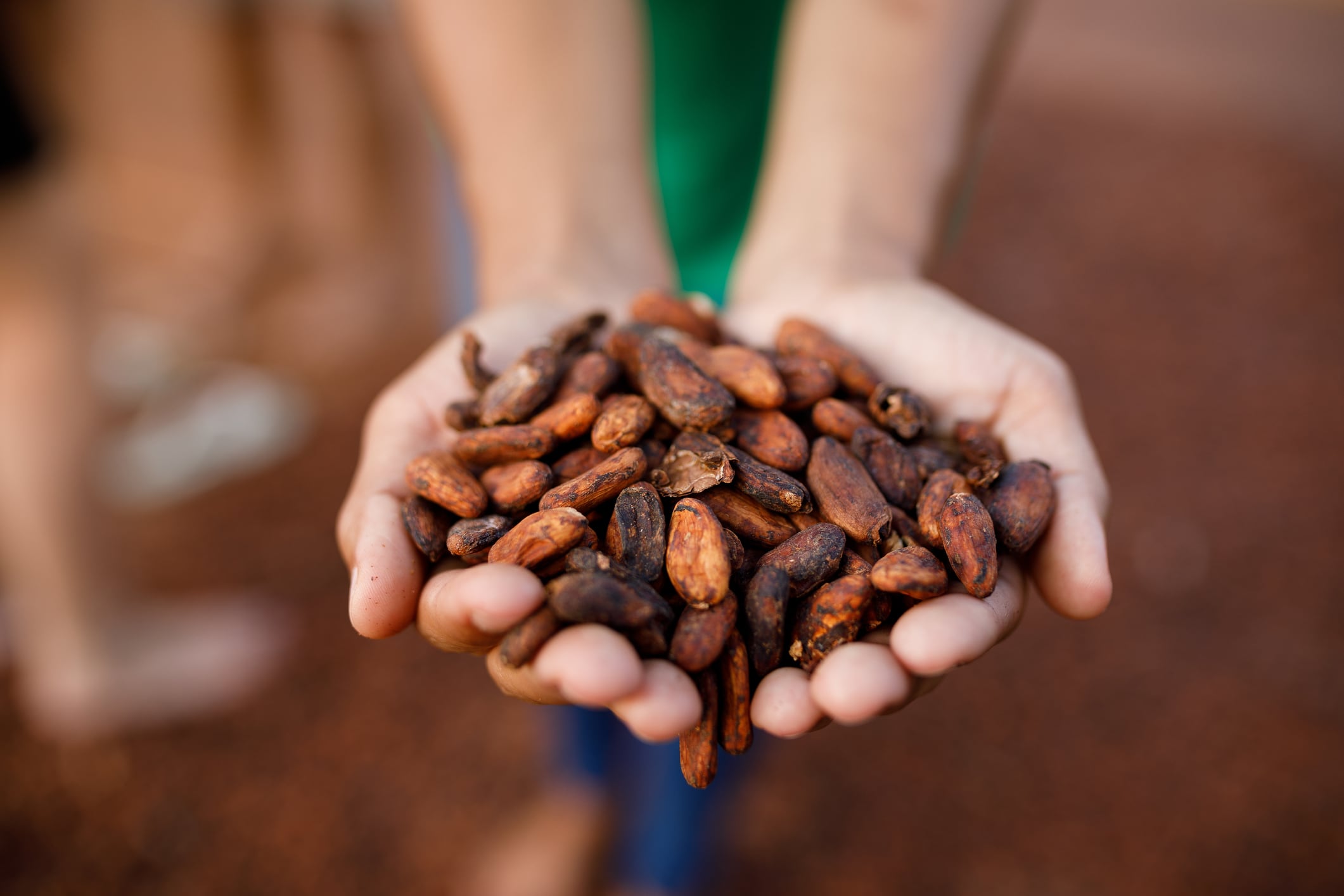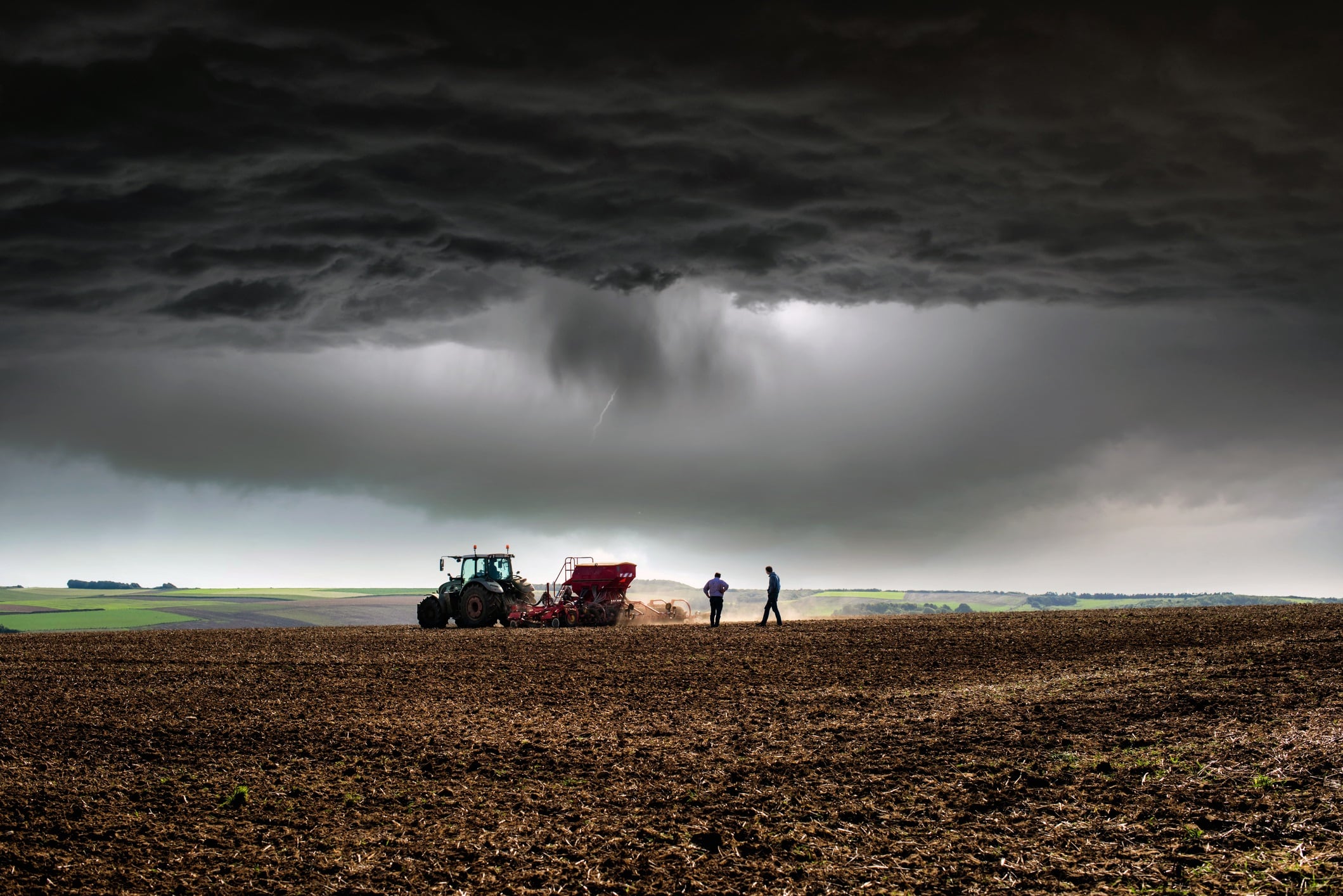How is climate change impacting food security? Summary
- Climate change is causing extreme weather and catastrophic crop failures
- EU agriculture loses €28.3bn yearly from climate-related disruptions
- Tech like AI, IoT, and blockchain helps farmers adapt and mitigate risks
- Smallholders need access to tools to stay in global supply chains
- Industry must invest now to protect food supply and ensure resilience
Food security is under threat. Extreme weather events sparked by climate change are resulting in droughts, flooding, severe high temperatures, dangerously low temperatures, and increasingly destructive storms.
And all this is not just a small risk to food crops, it has potential to be completely catastrophic.
In fact, in the past twelve months alone, we’ve witnessed droughts and extreme high temperatures in Europe, Africa, South America and northern Asia, resulting in crop stress and poor yields in essential crops including wheat, corn, rice and potatoes.
Added to this, severe winter flooding across Europe and Asia destroyed crucial food crops including rice, corn, wheat and vegetables.
Plus luxury commodities such as cocoa, sugar and coffee have been hit with poor growing conditions, leading to scarcity and inevitable price hikes.
And, according to the European Investment Bank, climate-induced losses across the EU agricultural sector now average €28.3bn a year.
That’s around 6% of annual EU crop and livestock production.
“What were once isolated climate shocks have now become routine, putting farm yields at risk and ultimately driving up food prices,” says Jon Trask, CEO of ag-tech consultancy firm Dimitra.
Though Trask remains positive that these issues can be managed, if industry acts now.
“While I think these challenges are serious, they are not insurmountable. By providing access to the right tools and technologies, farmers can adapt and overcome them.”
Plus, the good news is that the work has already begun.
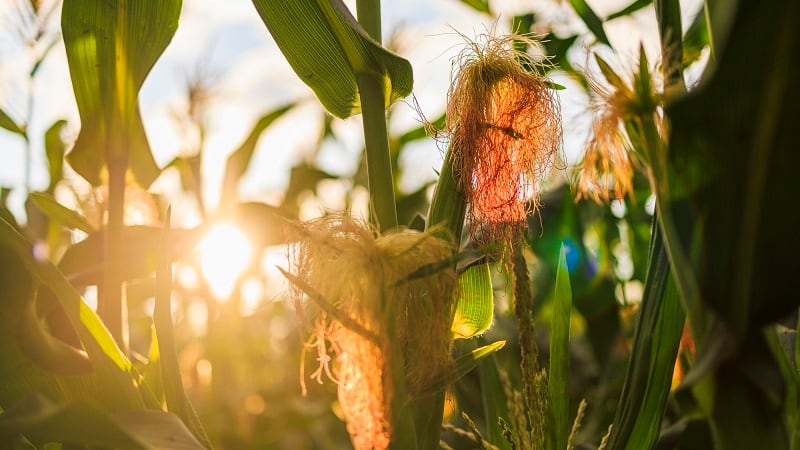
Tackling the climate disaster
“At present, we are seeing proactive measures being taken across the agricultural sector towards risk mitigation,” says Dimitra’s Trask. “And it’s great to see that emerging technologies are at the heart of it all.”
Technology is supporting farmers, agribusinesses, and governments to combat deforestation, increase yields, reduce costs, and reduce risks through AI, machine learning, satellite and drones, IoT, and genomics.
“We’re also seeing increasing use cases of blockchain and Web3 technology being applied to create tamper-proof digital ledgers of production, which increases trust across supply chains and strengthens compliance with emerging regulations,” says Trask.
Though he warns that these can only be truly effective if they reach farmers worldwide, including smallholders who are working with smaller budgets but are “the backbone of the global supply chain”.
But the responsibility of protecting food security can’t be shouldered by suppliers alone.
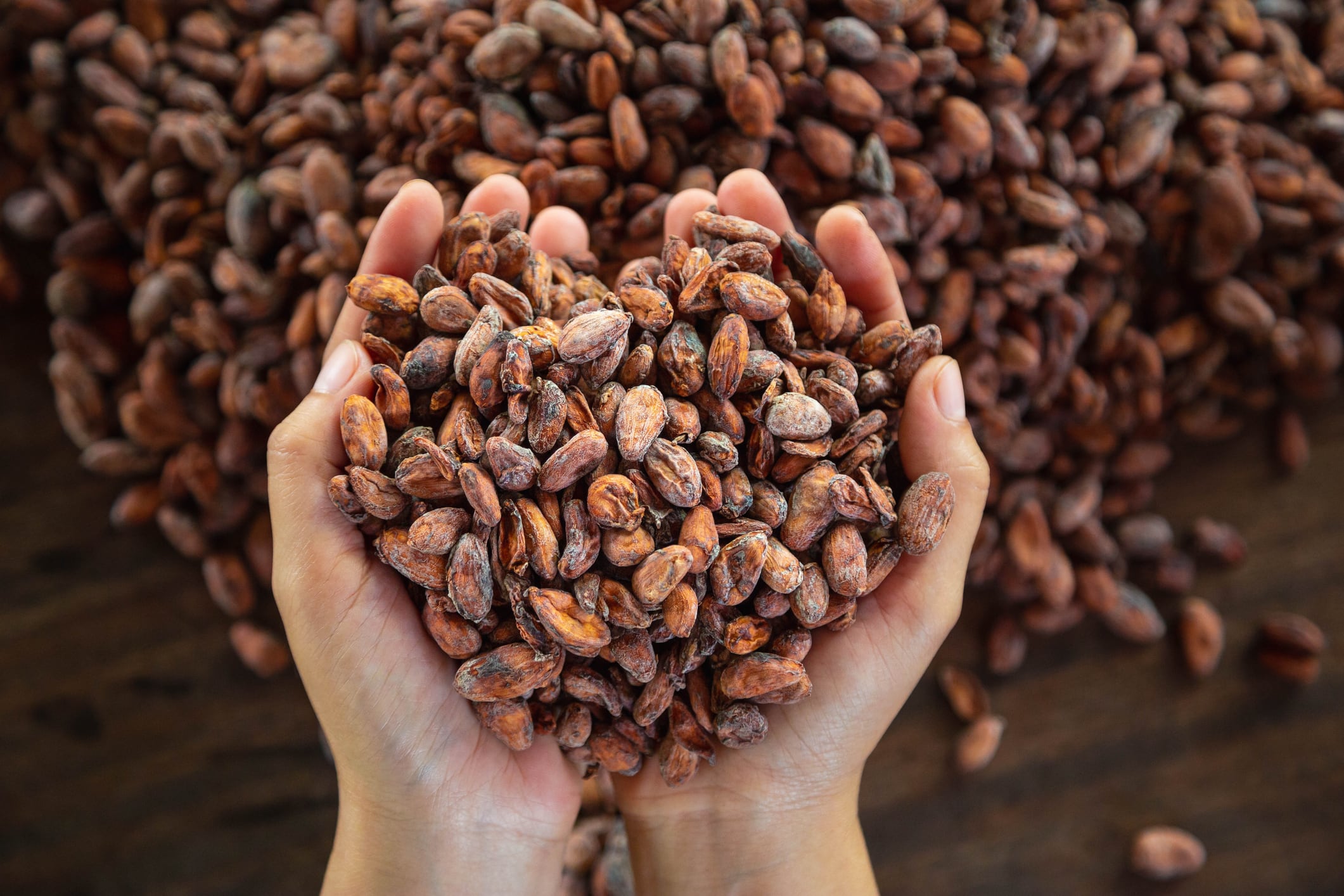
What more can be done?
“Many of the risks to the food supply are caused by things outside of the control of farmers themselves,” says Trask. “Industry has a responsibility to support them.”
Investment at the farmer level is crucial to ensure stability at the beginning of the supply chain, whether that be through providing necessary tools that allow farmers to remain compliant amidst a changing regulatory landscape, or ensuring smallholders can meet new compliance standards without being excluded from global supply chains.
“There is a lot that needs to be done, but it will be extremely important that any measures taken to mitigate the risks to food production are inclusive of farmers themselves – not just acknowledging the macro issues plaguing the industry," says Trask.
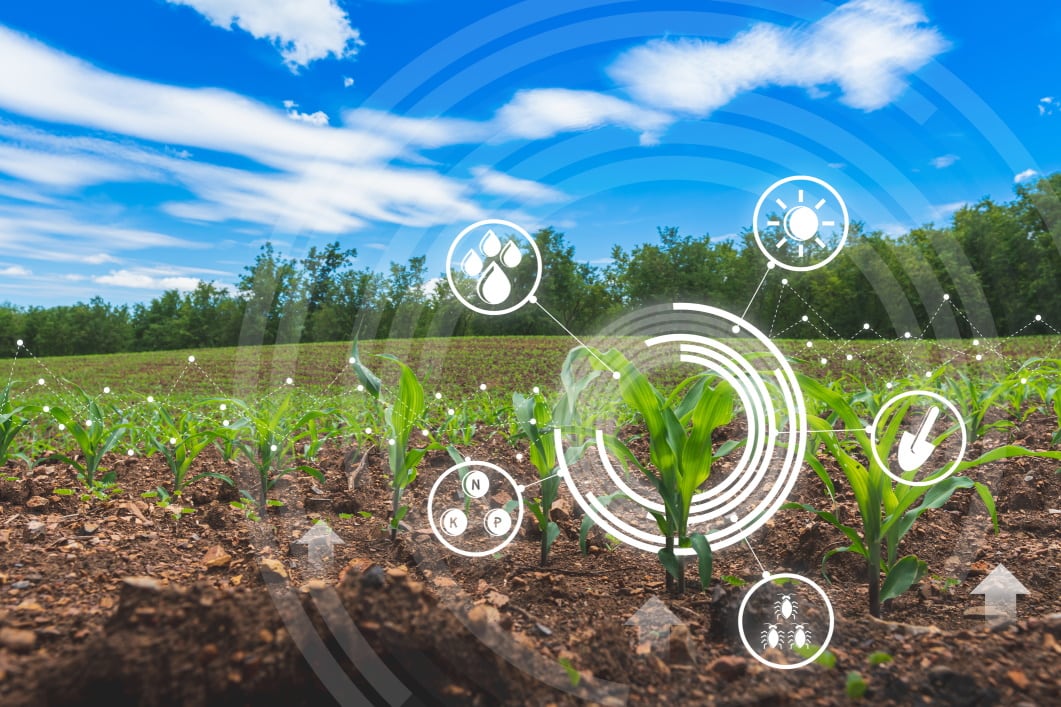
AI is essential to food security
AI is already proving to be a powerful tool in agriculture. It can analyse satellite imagery to detect crop stress, forecast weather impacts with greater accuracy, and help farmers optimise everything from planting schedules to fertiliser use.
But it’s not without its risks.
Large language models (LLM) - a form of advanced AI that can understand, generate, and manipulate human language by learning from vast amounts of text data - are only as good as the data they’re built and trained on, warns Trask. “In agriculture, it becomes even more critical to ensure that the data being fed into the AI systems is accurate.”
The real opportunity, he says, lies in ensuring that AI models are built on high-quality, diverse data sets and are deployed at the farm level in a way that empowers farmers to make informed decisions. “If done right, it can be a powerful tool in a farmer’s arsenal.”
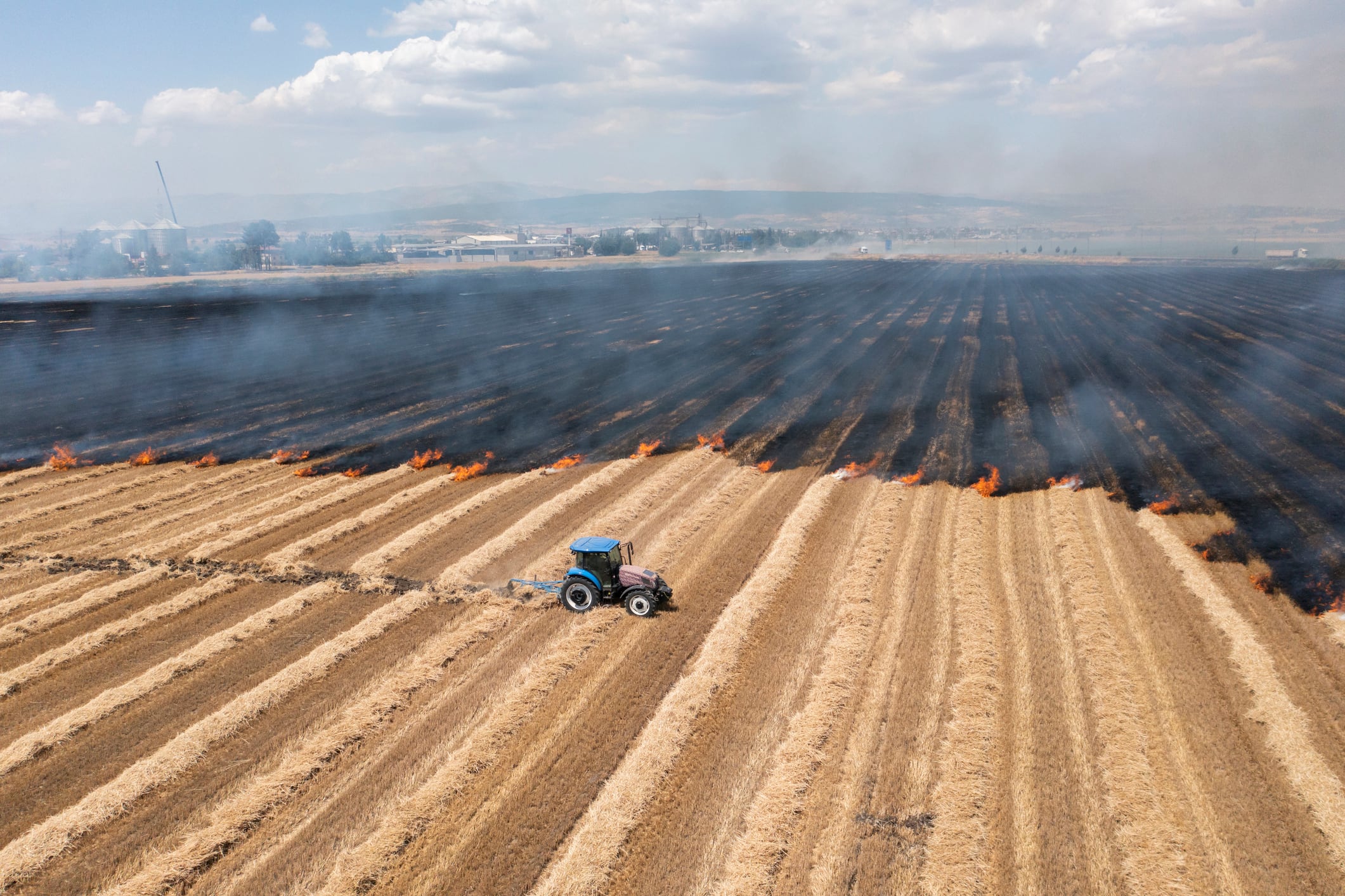
Industry must act now
“We don’t have the luxury of waiting, because food supply is already being impacted,” says Trask. “But I don’t think it’s too late.”
The data and tools needed to make a difference at the supply level already exist. The challenge now is to ensure they’re accessible and scalable for all producers.
“The decisions we make now are the ones that will shape the future of food security. If we get the right tools in the hands of farmers now, I think we can absolutely turn things around.”
We want to hear what you think! Take our short, anonymous sustainability survey - and we'll make a donation to Farm Africa
Is the food and drink industry doing enough when it comes to sustainability? Where are the causes for celebration - and what are the challenges and concerns?
We want to know what you think! This short, anonymous poll will take just a couple of minutes to complete: yet your thoughts will help us take a global pulse check of what matters most as we look to shape a more sustainable future for the F&B industry.
And for every survey completed, we'll make a donation to Farm Africa: a charity that reduces poverty in eastern Africa by helping farmers grow more, sell more and protect the environment for years to come (up to a maximum amount).


